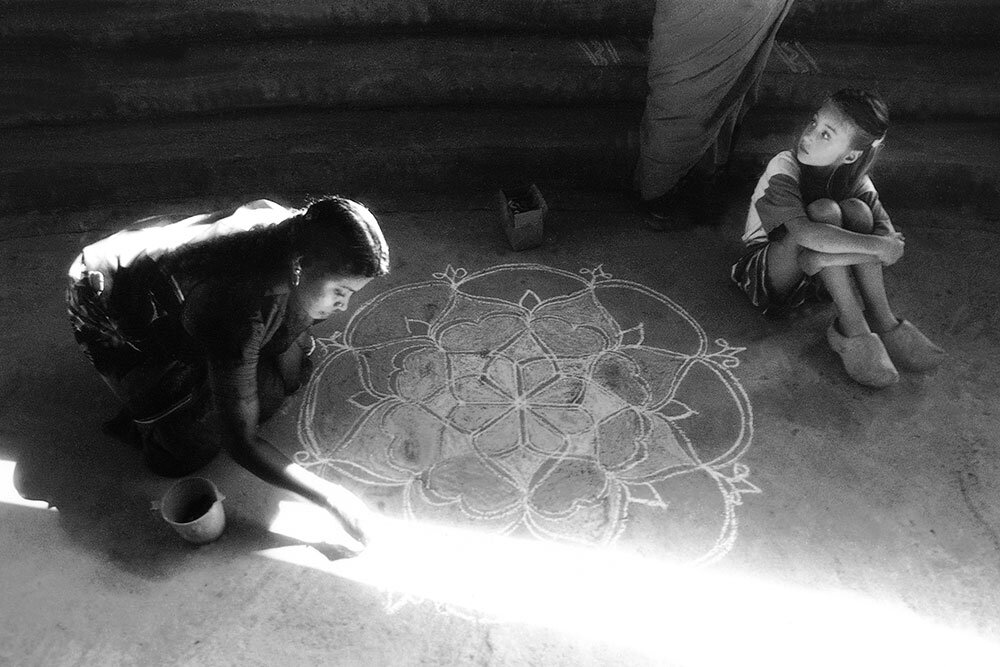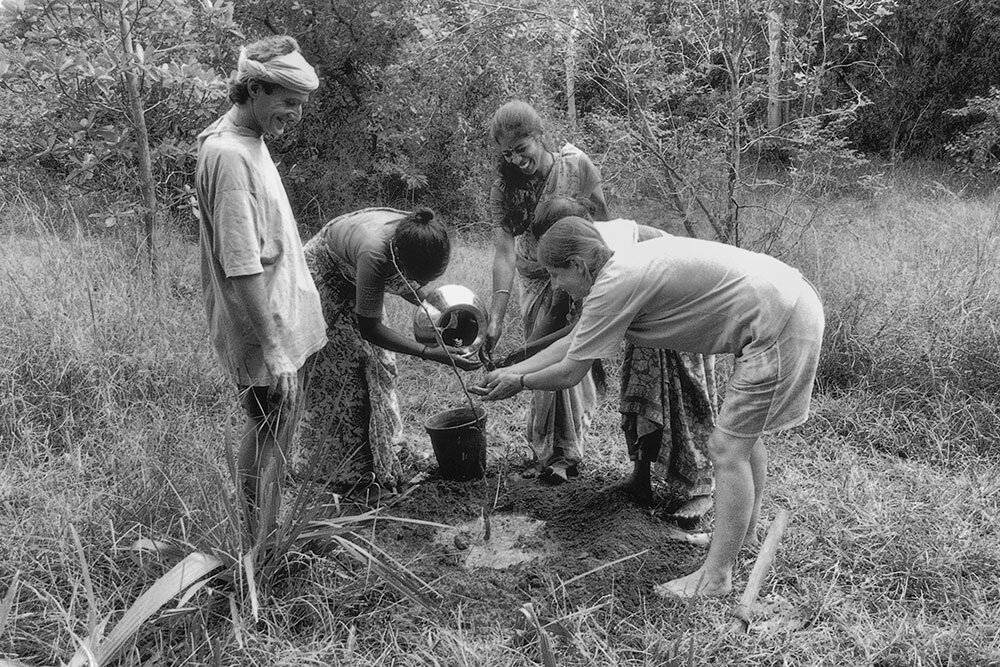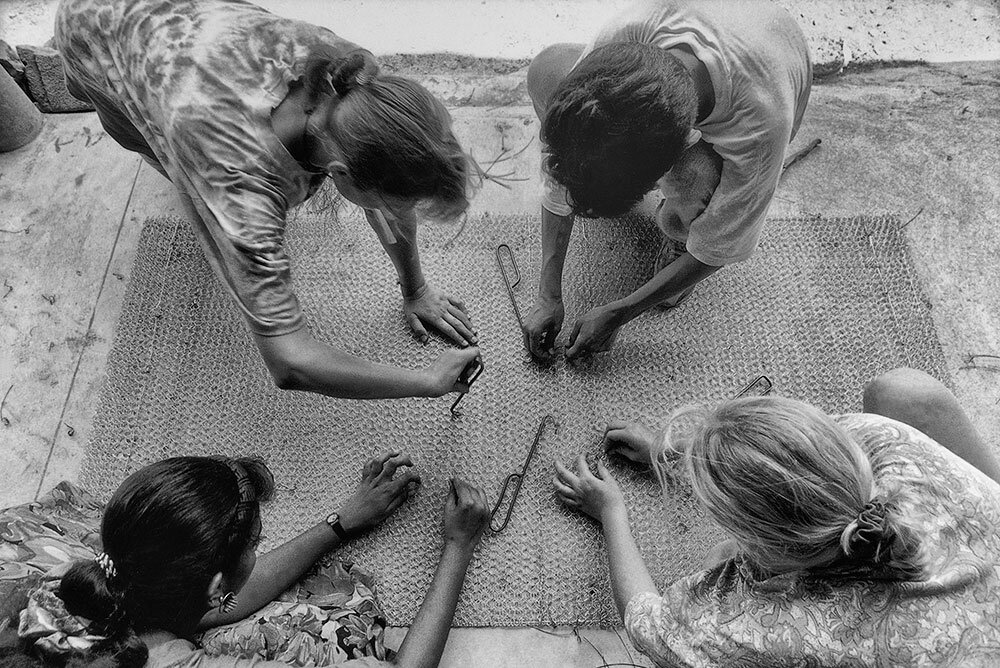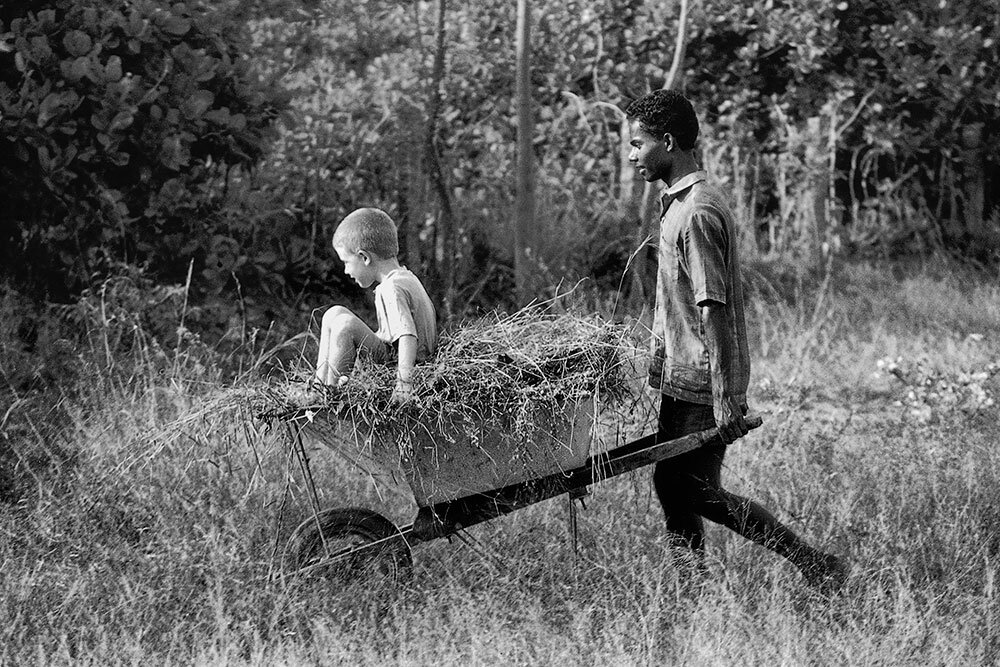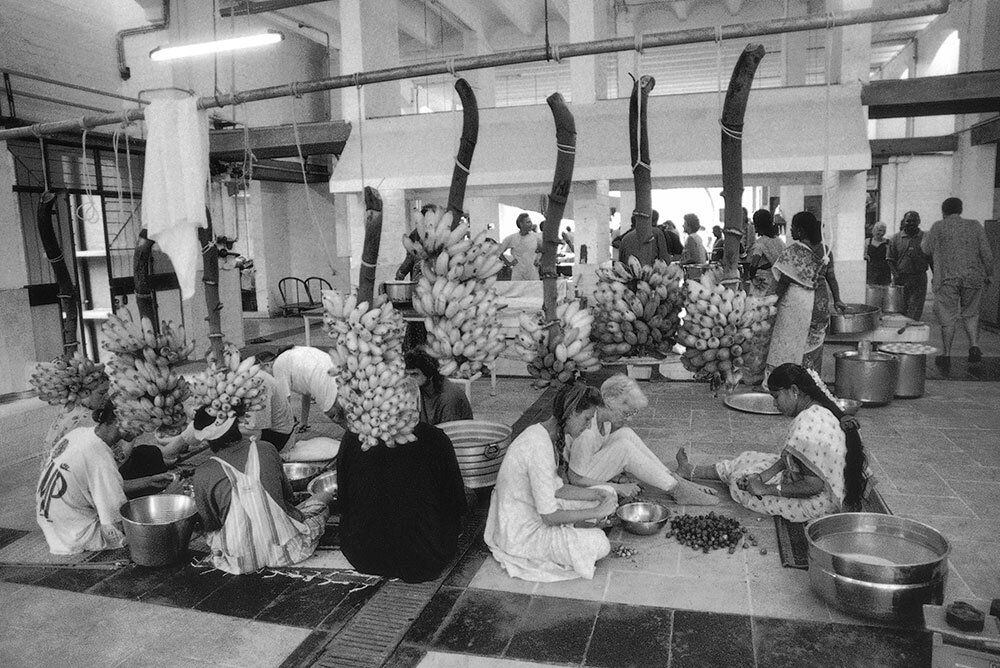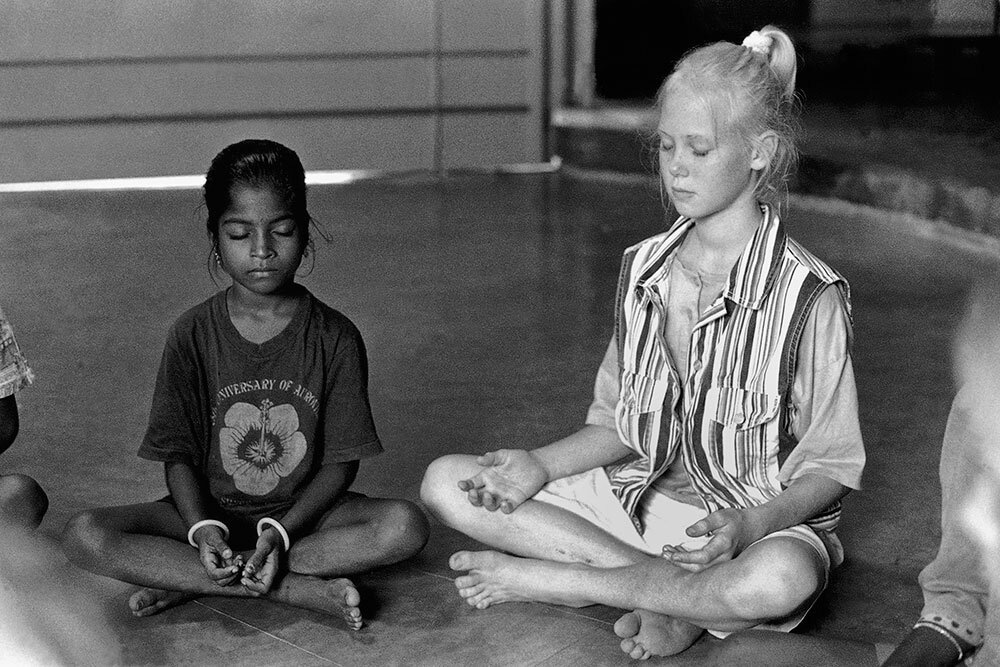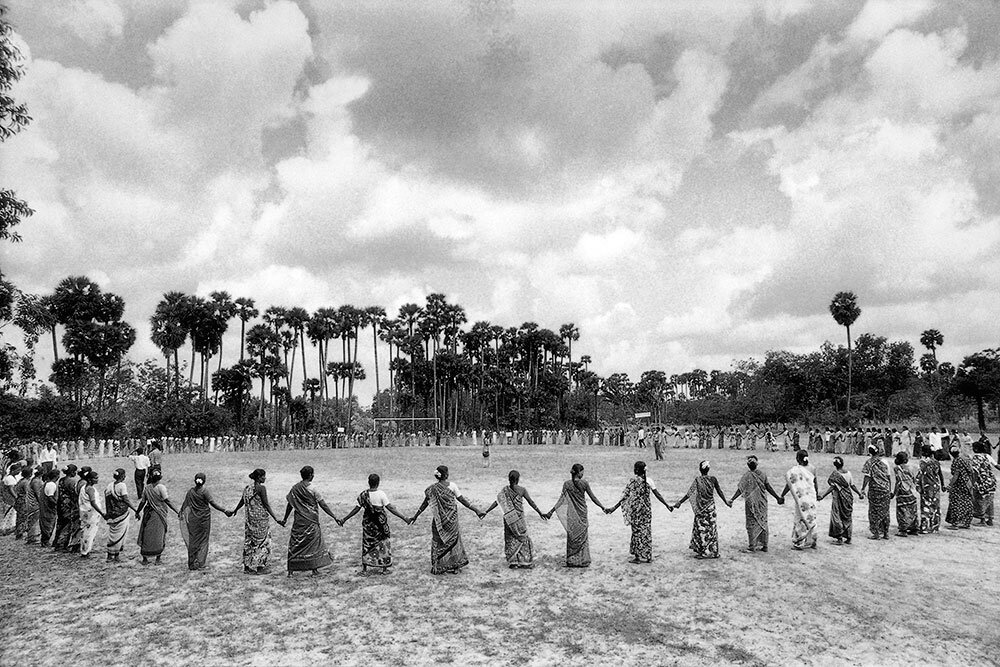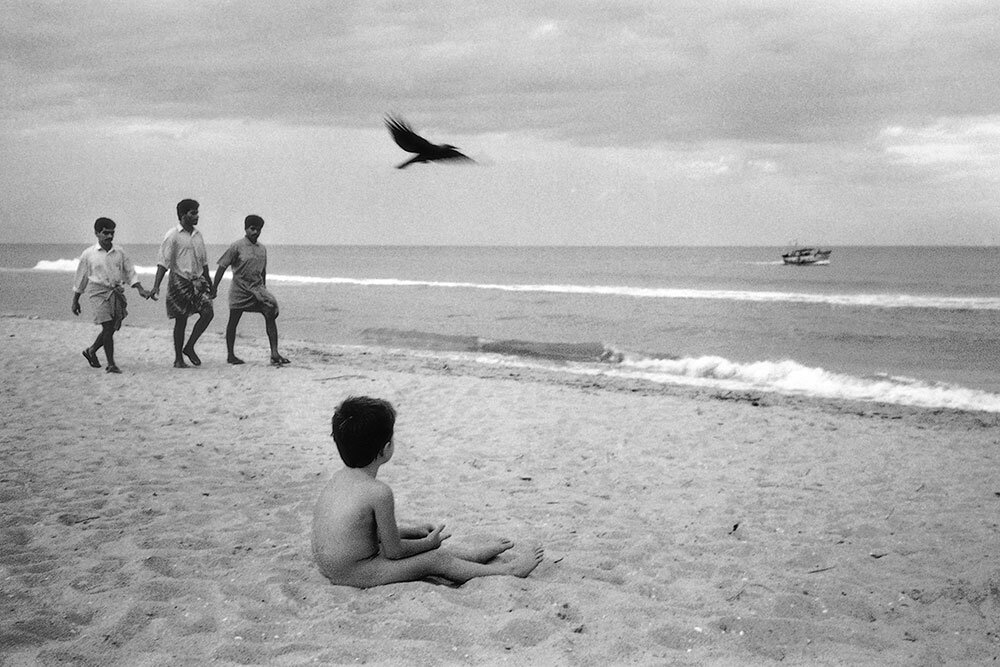Auroville: An Experiment in Integral Living
4th Floor Gallery
Auroville: An Experiment in Integral Living
Started in 1968 on a circular patch of barren land just over 3 miles across in Tamil Nadu, India, Auroville was conceived as a city-state that belonged to all of humanity. Community members shared a vision in which individual, culture, and environment were viewed as integral components of an expanded consciousness. The values of the intentional community were based on the teachings of Indian yogi-philosopher Sri Aurobindo and his spiritual partner, Mirra Alfassa, known as the Mother. An international experiment in intentional living, Auroville’s population is now about 2,500 people embracing both indigenous and modern technological knowledge to manifest its ideals.
Apart from being a revolutionary thinker and practitioner of a life-affirming integral yoga, Sri Aurobindo was one of the pioneers of India’s anticolonial struggle for independence. As part of his vision of a postmodern and postcolonial future, he critiqued the modern megalopolis and envisioned networks of autonomous city-states like those in ancient Greece or India.
He believed that this structure afforded the possibility of a holistic habitus and a rich collective life based on direct participatory self-government. These views had parallels with other experiments in intentional living across the globe at the time, including those of Rabindranath Tagore or M. K. Gandhi, who both founded “ashrams” as living communities for personal and collective self-determination with ethical, cultural, and psychological goals.
Sri Aurobindo passed away in 1950, shortly after the end of World War II and Indian independence; he did not live to see the increasing hegemony of technology, consumerism, and ecological dysfunction. However, the Mother lived until 1973, and in 1968 she founded Auroville, with the intention of putting into action Sri Aurobindo’s spiritual, social and political goals in
responding to the growing and dramatic impacts of global capital. The Mother provided a charter for this new community which emphasized its international scope and its foundational belief in the integration of the psychological and cultural in seeking human unity:
1. Auroville belongs to nobody in particular. Auroville belongs to humanity as a whole. But, to live in Auroville, one must be a willing servitor of the divine consciousness.
2. Auroville will be the place of an unending education, of constant progress, and a youth that never ages.
3. Auroville wants to be the bridge between the past and the future. Taking advantage of all discoveries from without and from within, Auroville will boldly spring towards future realisations.
4. Auroville will be a site of material and spiritual researches for a living embodiment of an actual human unity. For this experiment, the Mother chose a tract of land on the Coromandel coast, inviting residents to view the environment as integral to one’s larger self.
What difference is there between the human body and the body of a tree? In truth, there is none: the consciousness which animates them is identically the same.
Debashish Banerji, exhibition curator
Photography by Ireno Guernici
